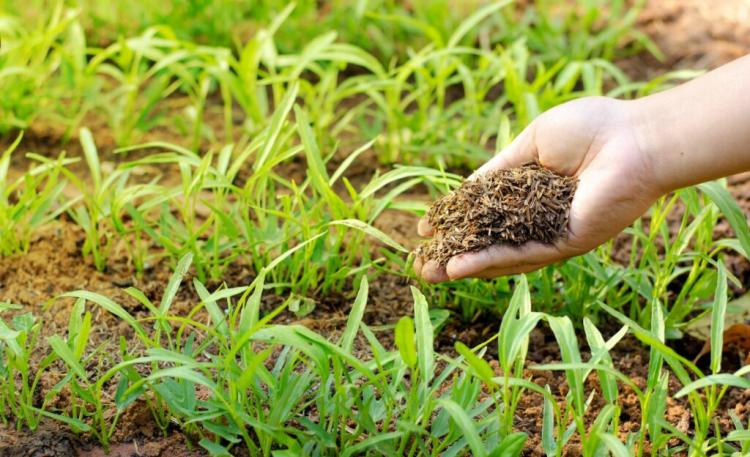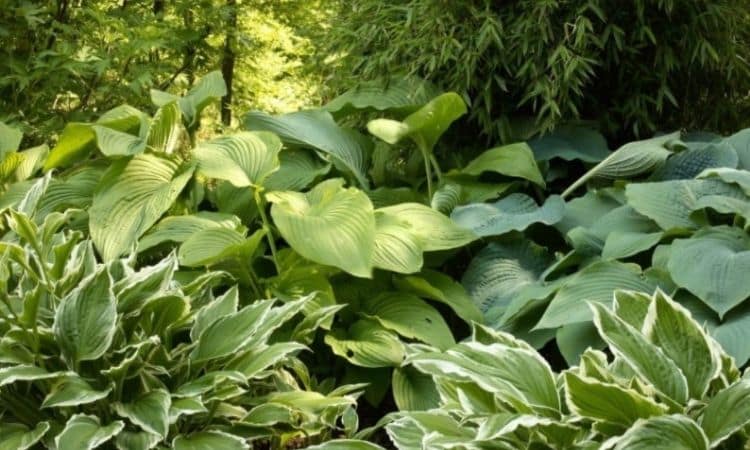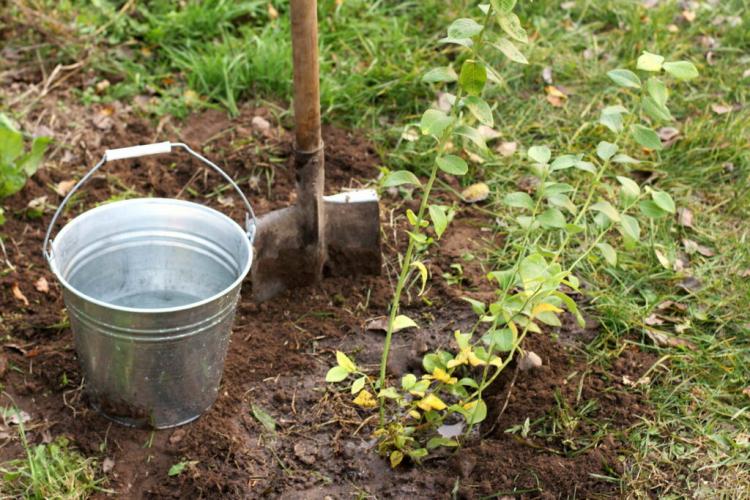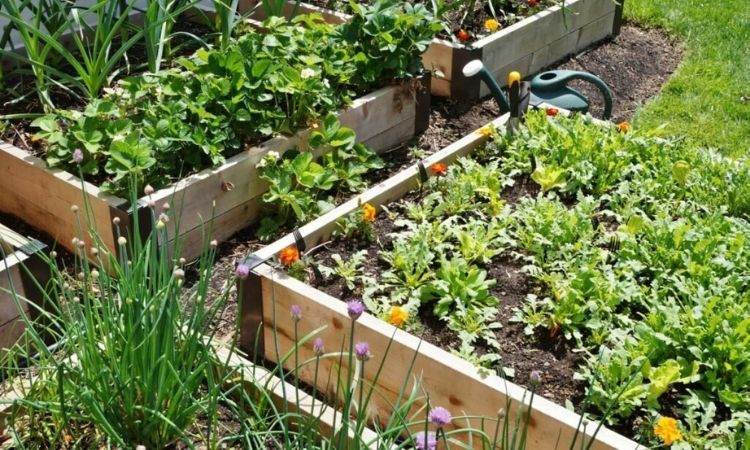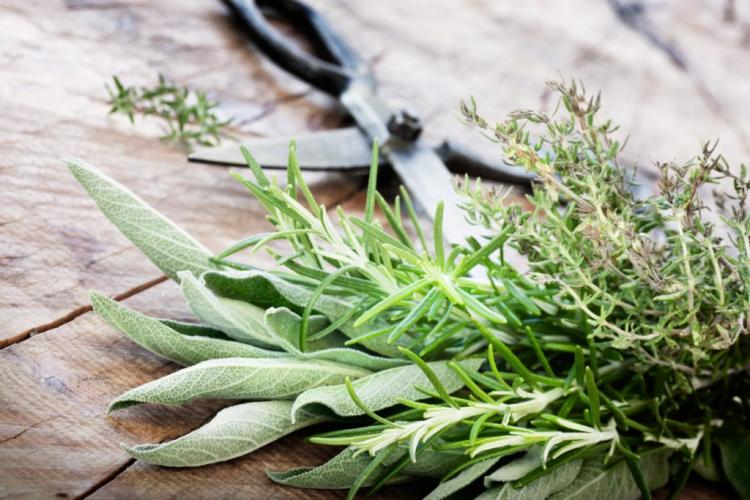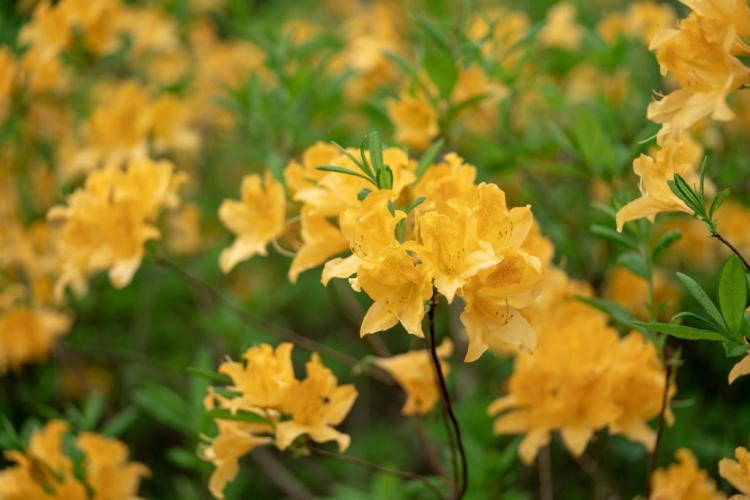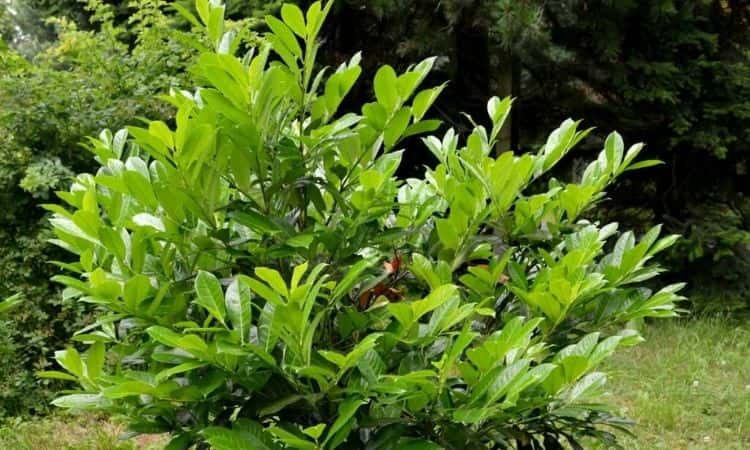Natural Fertilizers: Uses & Benefits Of Natural Fertilizers
More and more people are doing without the chemical club in the garden and are opting for natural fertilizers. We explain the advantages of natural fertilizers. Sometimes the most natural way is also the best: More and more people are realizing that the unnatural supply of nutrients via mineral fertilizers not only harms the environment but also their own garden. We provide you with a brief overview of home remedies and other natural fertilizers that – as intended – can close the nutrient cycle.
In the following paragraphs, you will find out what natural fertilizers are, which ones are available, and what their strengths and limits are. Then we will show you what you should consider when buying and using natural fertilizers.
What is natural fertilizer?
Table of Contents
Doesn’t everything basically come from nature – ultimately also every microchip, every car, and every grain of mineral fertilizer? Of course, this assumption is fundamentally correct. What is unnatural, however, is the changed distribution of natural materials. To remove nitrogen from somewhere in the air, to convert it first into ammonia and then into ammonium using the Haber-Bosch process, and then introduce it into the soil in large quantities – the soil was never designed for that. The present ecosystem is therefore out of balance and no longer functions properly. Natural fertilizers do it differently: They release nutrients slowly and gradually and not only provide plant nutrients but also supply the soil with what it needs for its health. This is the natural way to fertilize the soil and plants.
What kind of natural fertilizers are there?
Do you like to eat a breakfast egg? Perhaps it would be better to store the bowl from now on – as well as the coffee grounds, the ashes from your oven, and your fingernails, which are similar in their composition to horn fertilizers. However, we would rather advise against using your urine as fertilizer. In addition to these rather unusual examples, horse manure fertilizer and sea bird or bat droppings (guano) appear almost completely normal. We present the mentioned natural fertilizers.
Coffee grounds as fertilizer
Coffee is the most popular pick-me-up in the USA. Accordingly, large quantities of coffee grounds are produced in most households. After brewing, the moist coffee powder is then usually disposed of in the organic waste. But gardening enthusiasts should now sit up and take notice: Coffee grounds contain some ingredients that can still benefit your plants.
A lot of organic structural material, about 2% nitrogen, 0.4% phosphorus, 0.8% potassium, antiviral and antibacterial tannic acids, and the smallest amounts of caffeine remain in the very slightly acidic coffee grounds. There is nothing to prevent this organic fertilizer from being distributed in pots and beds. The smell of coffee grounds even seems to attract beneficial earthworms. Incidentally, over-fertilizing with coffee grounds is as good as impossible.
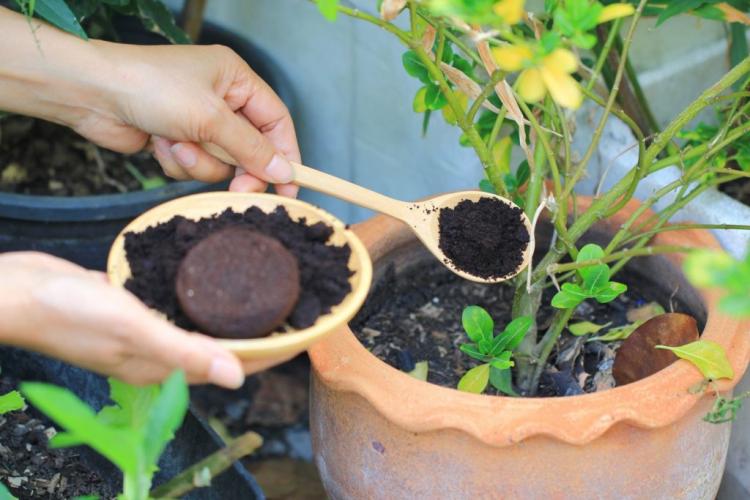
If you want to use your coffee grounds, they must first be dried thoroughly. Mold growth should be avoided – this is where the risk of fully automatic coffee machines is highest. The best way to dry it is to spread the moist powder over a large area. Once the coffee grounds have dried, you can work them in a flat in the garden or give them spoon by spoon to potted plants. Orchids, hydrangeas, and tomatoes, for example, benefit from the slightly acidic reaction of the coffee grounds and they benefit from the organic material introduced.
You can find detailed information on fertilizing with coffee grounds in this special article.
Horn shavings and horn meal as fertilizer
The horns and hooves of slaughtered animals are rich in nitrogen, phosphorus, and calcium, which is why processing into fertilizers is an obvious choice. However, it contains almost no potassium, which is why supplementary fertilization is definitely necessary. The processing of horn fertilizers is not particularly laborious. Basically, only three different grain sizes are produced. The fine horn meal, medium-fine horn semolina, and coarse horn shavings. But the fertilizing effect of these horn fertilizers already differs through the grinding process:
- Fine horn meal has a higher working speed, but a short duration of action. Because of its faster implementation, it only contributes to a small extent to humus reproduction.
- Coarse horn chips have a slow working speed, but a long working time. Because of their slower duration of action, they contribute somewhat more to humus reproduction.
- The properties of horn semolina range between horn meal and horn shavings.
All horn fertilizers have a natural long-term effect, as the nutrients they contain must first be released and mineralized by soil microorganisms to be available to the plants. Work the horn fertilizer into the upper soil layer or give it directly into the planting hole when planting. Subsequent watering helps to get the implementation going and drives away the unpleasant smell.
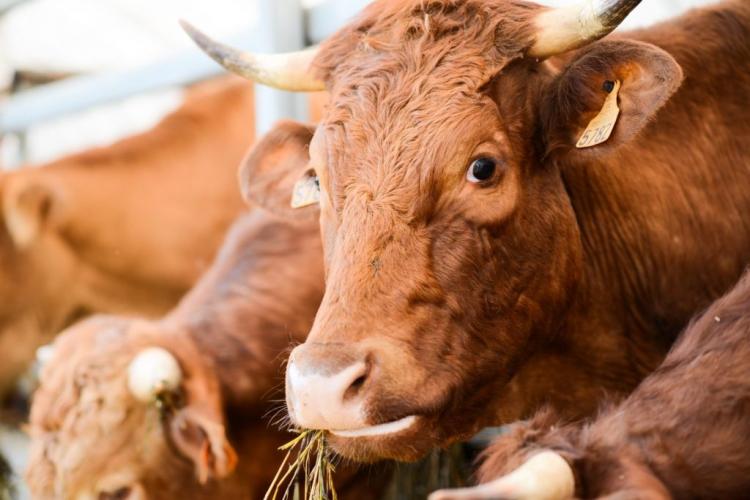
Ashes as fertilizer
The use of ash as a fertilizer is discussed again and again by gardening enthusiasts. To be clear: not all types of ash are suitable as fertilizers. So it is no wonder that their use has been disputed. Ashes from untreated wood, straw, or other plant material, as well as non-glossy printed paper, can be used as fertilizer. If you have such ashes at your disposal, however, you should never spread them directly over and under your plants over a large area. Ash has the following properties:
- An extremely high pH of 10 to 13
- A lot of calcium and a lot of magnesium, phosphorus, and potassium, trace elements – but no nitrogen
- Very rapid availability of nutrients and a rapid effect on the soil pH
- Ash should not be spread in conjunction with fertilizers containing ammonia or phosphate fertilizers
In order not to damage plants that are sensitive to lime, you should only care for the lime-tolerant or lime-loving garden and pot dwellers. Because the pH-changing effect sets in so quickly, ash can also change the pH value of heavy garden soil. Light soils, however, are all too easily over-limed. The application of ash should not be used here. Peat substrates can benefit greatly from ash because they are extremely low in calcium. Together with humus, ash can promote the formation of stable soil crumbs due to the calcium it contains, and it is of course one of the essential plant nutrients. Because of the lack of nitrogen, ash is not a full-fledged fertilizer, even for lime-loving plants. A supplement with organic slow-release fertilizer is always necessary.
Be careful that the ashes do not get undiluted on your hands or the plants, as the high pH value attacks the tissue. So when using ash, rinse off your hands and leaves immediately and wear gloves whenever possible.
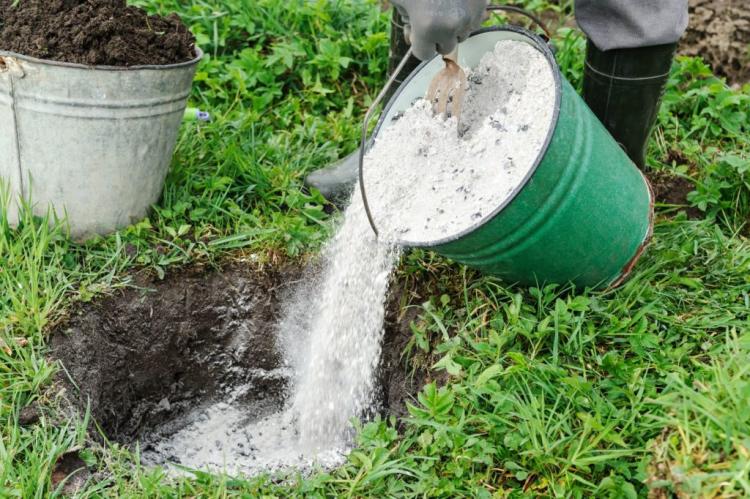
You can find detailed information on fertilizing with ash in this special article.
Eggshells as fertilizer
Eggshells consist almost entirely of calcium carbonate, which is also commercially available as “carbonic acid lime”. It would be a shame to dispose of unused eggshells and buy lime at the hardware store. Eggshells are basically suitable for raising or stabilizing the pH value of soil. However, their effect is quite slow. For this reason, eggshells can only have an influence on the pH value in light, sandy soils, and in small soil volumes. Heavier and clayey soils, on the other hand, can hardly be disrupted by a few eggshells.
If the eggshell is loosened with natural acids, the pH value rises and calcium is released. Calcium is not only an important nutrient element for plants, together with humus it also ensures good cementing of soil crumbs, thus increasing the quality of the soil. In addition to calcium, eggshells also contain potassium, phosphorus, and magnesium – but in very small amounts.
Finely ground eggshells, which are brought out in connection with water, have the fastest effect. You should also take care not to distribute eggshells together with fertilizers containing ammonium or phosphates. Otherwise, in connection with ammonium, the stinking, gaseous ammonia is formed. In contact with phosphates, poorly soluble calcium phosphates are formed, which fix both calcium and phosphate in the soil and make them difficult to reach for plants.
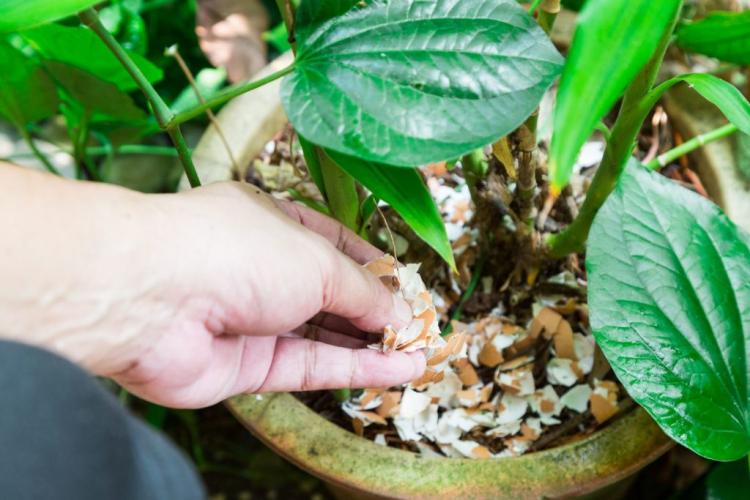
You can also use your eggshells on your own compost heap; finely ground they work quickly enough to balance the pH of acidic rotting material. For example, softwood chips and needles, oak leaves, and peat can be powdered with a layer to speed up composting.
You can find more detailed information on eggshells as fertilizer in this article.
Horse manure as fertilizer
Horse manure is a mixture of horse droppings, horse urine, and litter. In addition to the main nutritional elements nitrogen, phosphorus, and potassium, horse manure also contains magnesium, many trace elements, and, of course, organic structural material. When fresh, horse manure quickly supplies large amounts of nutrients, but hardly improves the soil. After longer storage and composting, however, the nutrient content drops, and the soil-improving properties emerge. A high proportion of litter material – i.e. straw, shavings, or hay – ensures increased humus formation from the outset.
Vegetable plants with a short cultivation time – for example, radishes – should better not be supplied with horse manure for reasons of hygiene. Many plants do not tolerate the very high nutrient content of fresh horse manure: Herbs and young plants, for example, would rather resent this fertilization. Horse manure that has been stored and composted for a long time, on the other hand, can safely be used in the whole garden as fertilizer and soil improver.
Obviously, if you plan to use horse manure, local sourcing is preferable. Perhaps a horse owner in your area is willing to give away horse manure. Otherwise, fertilizer manufacturers offer dried and pelleted horse manure, which has defined nutrient contents but is of course many times more expensive.
More detailed information on horse manure as fertilizer can be found here.
Urine as fertilizer
The urine of mammals – including that of humans – is rich in nitrogen compounds, phosphates, as well as potassium and calcium compounds. However, its suitability as a fertilizer is only valid to a limited extent and if a few important points are observed.
For one thing, urine is by no means free of germs, even if this rumor persists. The use of vegetable plants is therefore prohibited for hygienic reasons. Since urine has, among other things, the task of transporting waste materials, metabolic products, and excess salt out of the body, fertilizing with it can lead to the soil being polluted with salt and medication. The pH of urine can fluctuate widely and also depends on how fresh it is used. It is entirely possible to kill a sensitive plant by “fertilizing” it with fresh urine.
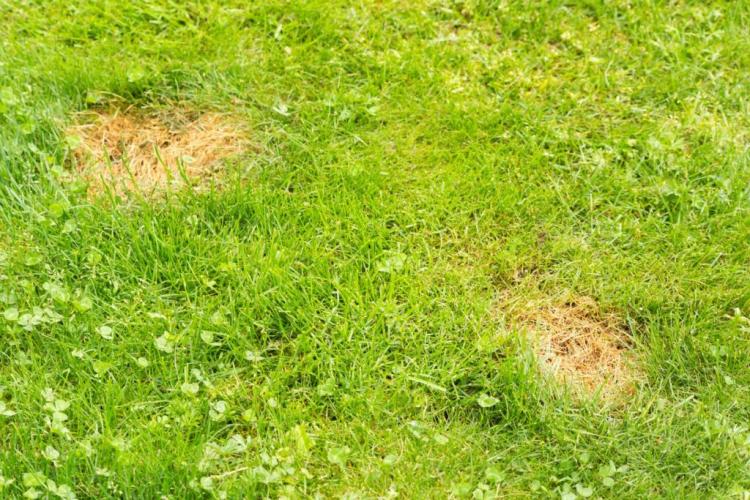
A diluted application would be possible, but because of the strong fluctuations in the urine properties, we do not rate it as a suitable fertilizer. However, it certainly has the potential to produce a good fertilizer after chemical processing and desalination. Perhaps that would be a step towards more sustainable plant fertilization in agriculture.
Guano fertilizer
Quite a few fertilizer manufacturers use the guano contained in their products as a biological selling point. Before you resort to guano fertilizer, however, you should know the following about its origins:
- The environment in the guano mining areas has been and is severely damaged and the living conditions of the associated seabirds and bats have deteriorated
- The dismantling is often done in an inhumane way
- Two wars have already been fought over the raw material guano
- Mining, processing, and transport are nowhere near as “organic” as consumers like to sell
But of course, it is true that guano only contains natural raw materials. So if you still decide to buy a guano fertilizer, you can choose between red and white guano. Red guano mainly contains phosphate compounds, it occurs fossil and is also used in organic farming. White guano is nothing more than the droppings produced every day by sea birds or bats. It contains a lot of nitrogen and phosphate, as well as some potassium. Of course, different animal species also produce feces of different compositions.
Buy natural fertilizers or make them yourself
Natural fertilizers are not only found in the household, they can also be purchased. Here it is important to pay attention to where the raw materials used come from: For ecological reasons, choosing horse manure pellets, which may have traveled a long way on different trucks, is certainly not preferable to the neighbors’ horse droppings. If you don’t have an immediate source of natural fertilizer, you could make your own fertilizer very sustainably by running a bokashi, worm box, or your own composter.
For those who do not have the time or leisure for this, organic fertilizers may be the best way to supply their plants with ecologically completely harmless nutrients. The organic raw materials for our fertilizer production are purely vegetables. They come from organic farms that also supply the food and luxury food industry. By recycling by-products from production, our organic fertilizer is also resource-saving. The natural long-term effect provides your plants with long-term care and the high organic content promotes soil quality. Another kind of insider tip is the use of compost from regional composting plants. This is where the raw materials that arise in organic bins and the maintenance of green spaces are composted and often sold for little money.
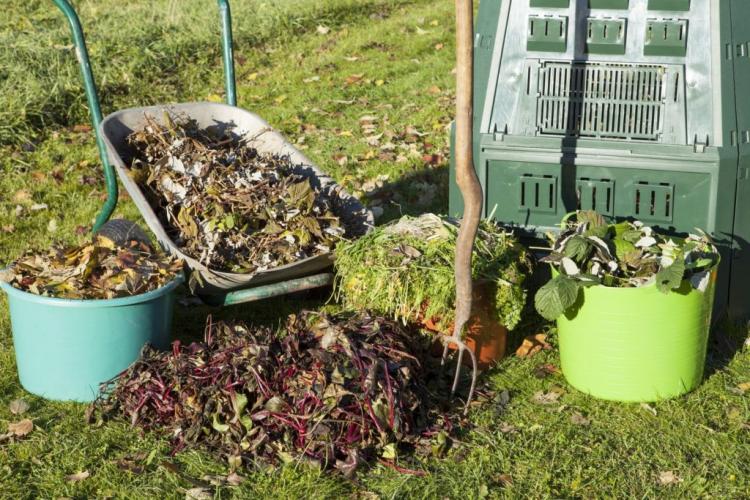
Benefits of natural fertilizers
Natural fertilizers that arise in the home or garden have decisive advantages: You do not have to travel long distances to get to us, they are free and environmentally friendly. But fertilizers made from natural materials also have advantages. Much less energy is used in the production of organic fertilizers than is the case with mineral fertilizers. Also, no fossil deposits have to be exploited or long transport routes have to be disputed, because organic waste is generated wherever people live.
By recycling nutrients, we close an important natural cycle and do something for our soil in the process. Because this is really not designed to allow nutrients to get into it in its pure mineral form. Soils tend to suffer from highly concentrated fertilizers, lose their good structure and their humus content, soil organisms can no longer find any nourishment and locally die out. Healthy and sustainably fertile soil are only possible with natural fertilizers. After all, the soil is more than just a sponge that soaks up nutrients and then releases them back to plants. It is a complex, living togetherness from which the full power of plants comes.
Use of natural fertilizers
In the previous paragraphs and the associated special article, you were able to get to know the composition and effect of different home remedies. A combination of the most varied of these substances that occur at home – for example in the form of compost – can certainly guarantee balanced plant nutrition. Viewed individually, however, they offer a rather unbalanced, insufficiently dosed, or only short-acting diet. Nevertheless, you should use the effects of home remedies as much as possible if the sustainability of your actions is important to you – or if you just don’t like to let something go to waste.
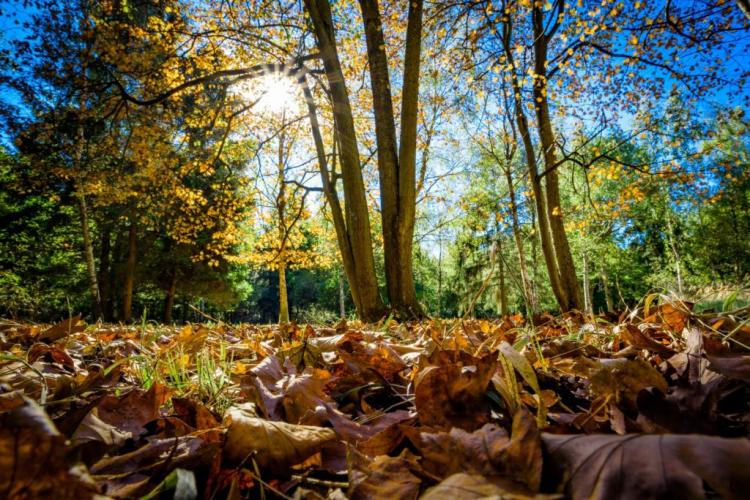
If you do not run your own compost and continuously deprive your plants of nutrients by removing leaves, clippings, fruit, or vegetables and pruning, a long-term supply of external nutrients is inevitable. These should primarily be offered in organic form to maintain and promote the quality of your soil. The slow release from the active soil life results in a flowing release that enables even plant growth. Such an organic slow-release fertilizer is easy to use and poses no danger to the soil or the environment. Even if you spread it a little more generously, over-fertilization is more than unlikely. Organic fertilizers are available in a suitable composition for different groups of plants – for lawns, autumn lawns, tomatoes and vegetables, flowers, and also as a universal fertilizer.
